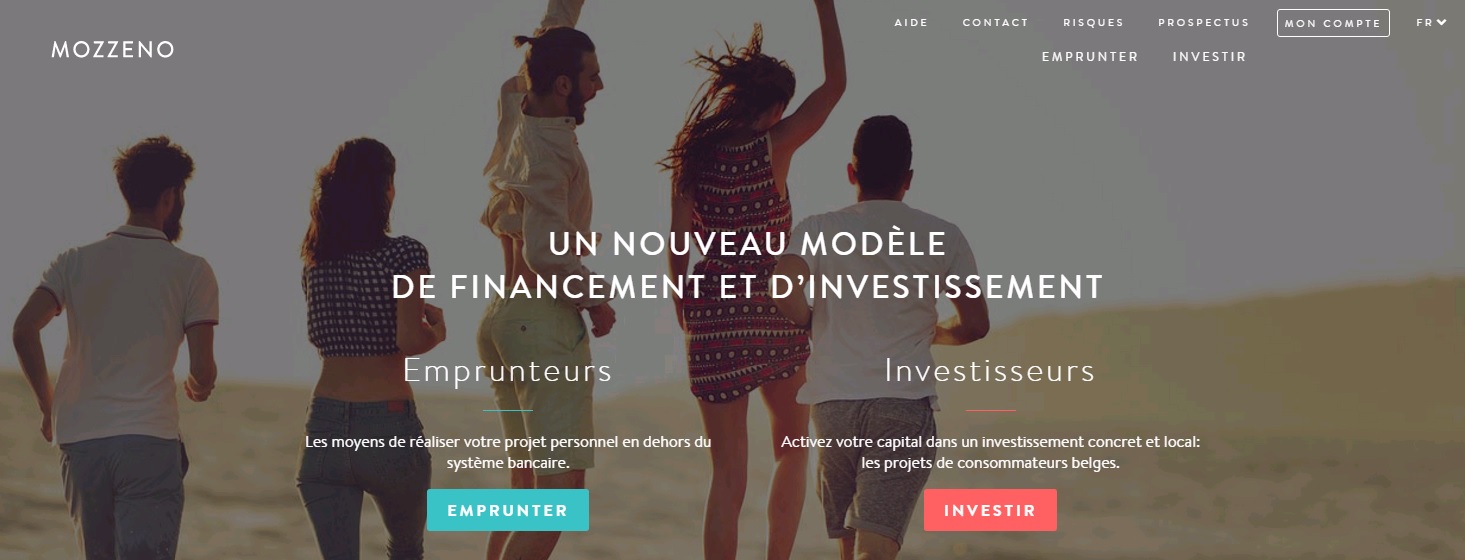Mozzeno Closes Funding Round

The Belgian P2P crowdfunding platform Mozzeno raised €1 million mainly from their historical shareholders. This amount will help them add white-label services for businesses interested in proposing financing offers to their customers. It will also contribute to speeding up their development process and strengthening a one-of-a-kind business model in a country where P2P lending offers are still forbidden.
Mozzeno was launched in 2017 and acts as the first investment and crowdfunding platform in Belgium enabling individual investors to grant loans to individual borrowers. This investment is indirect since P2P lending offers are not allowed in Belgium. Officially, Mozzeno is the borrower and their loans are refinanced via financial instruments proposed to their investors.
Customers looking to raise money to build personal projects can apply from this platform. Investors, for their part, have to set up an account and fund it with at least €500 (for future investments). Mozzeno analyses the borrower’s profile and creditworthiness using data from the local credit database “Centrale des Crédits aux Particuliers”. The platform then issues the financial instruments required to finance the granted loans, and sends the amount to the borrower.
Mozzeno plans to make room for a business lending offer, and their platform would be made available to companies, too. For instance, the kitchen maker Eggo lets their customers pay for their kitchen using Mozzeno. Eggo also signed up to this platform as an investor.
Comments – Mozzeno bets on 2PSD implementation, opens the Belgian crowdfunding market
Mozzeno.com was launched in 2017, on a market untouched by the P2P lending trend. They will be looking into 2PSD induced opportunities and, for instance, relying on their borrowers’ bank data for their scoring processes. In just eighteen months, the platform already borrowed €2 million via more than 350 loans. Payment risks are managed and covered by the Belgian company Atradius ICP. Interest rates range from 0.6 to 3.91%.
According to their cofounder, they owe their success to their ability to adapt their offer to regulatory constraints as well as to Belgian investors’ and consumers’ expectations. In order to increase their volumes, they also plan to let them sell their investments before their contract ends.
